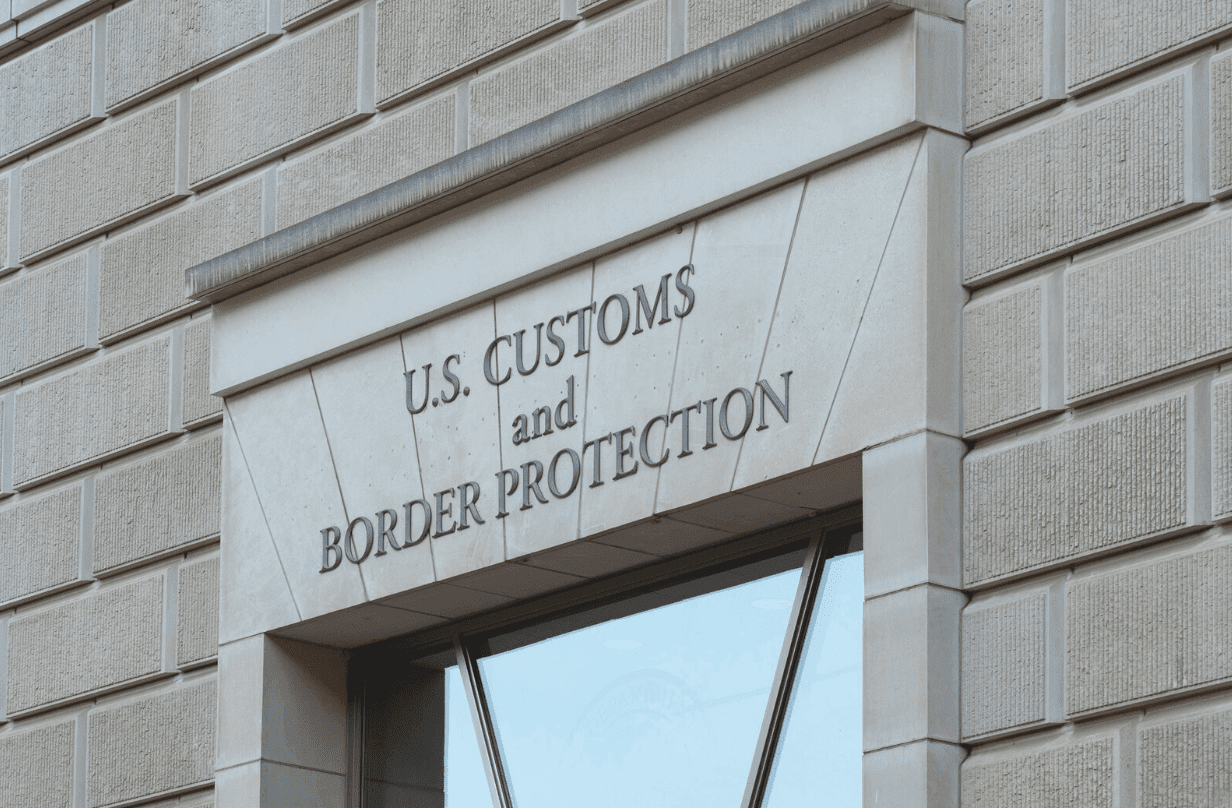In a briefing to lawmakers, US Customs and Border Protection (CBP) leaders admitted that their officials have been copying and adding personal information of travelers to a database.
The practice has been in place since 2007 and the data they’ve collected from travelers has been accessible to over 2,700 CBP leaders at any given time. The information is held in the database for 15 years and agents do not need a warrant or reason to access the data, which includes calendar appointments, social media posts, as well as medical and financial records.
Oregon Senator Ron Wyden brought attention to the database in a letter he penned to the CBP commissioner asking him to change the agency’s policies. Wyden says that the policy relies on an exception to the Fourth Amendment, which protects citizens against unreasonable searches and seizures.
According to a CBP official, the agency gave officials the authority to scroll through travelers’ devices in a “basic search” that could escalate to an “advanced search” on “reasonable suspicion” that may be a threat to National Security. Travelers were not informed of their rights before their devices were confiscated and searched for suspicious activity.
This isn’t the first time CBP has landed in hot water. In 2020, the agency was investigated for using commercially available location data to track a person’s phone without a warrant. CBP has not shared how many Americans and foreign nationals are in the database but data is saved from as many as 10,000 devices per year.









 by your friends at The Daily Navigator
by your friends at The Daily Navigator



